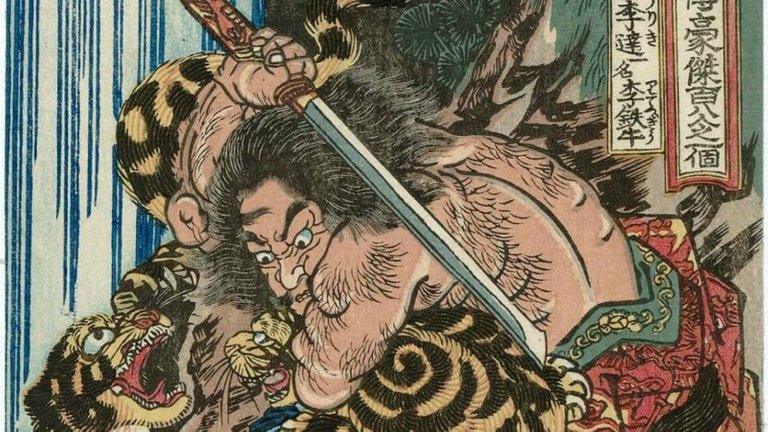As China prepares to remove the two-term limit on the presidency from its constitution, there is speculation as to whether the country is going to return to the era of dynasties, where the empire was ruled by powerful families.
The authoritarian nature of dynasties has led to a common stereotype of Chinese people as obedient and submissive. This stereotype fails to account for the fact that while much of China's history has been dominated by dynastic cycle, this cycle was in fact punctuated by the overthrowing of powerful emperors by popular revolutions or military coups which ended up with the country in chaos before another dynasty was established.
The first civil revolution recorded in China’s history took place in 221 BC. Liu Bang, who served as a minor patrol officer and led the revolution, went on to found the Han dynasty. Liu was not the only civilian emperor. The founder of the Ming dynasty, Zhu Yuanzhang, also came from a poor peasant family. Wu Zetian, the most famous empress in Chinese history, was the daughter of a businessman and married into the royal family as a concubine.
The rebellious spirit of the knights-errant
In other words, the history of dynasties in China is also a history of rebellions, and that rebellious spirit is embodied in classic Chinese literature in the spirit of the knight-errant. Among the literary figures who embraced the rebellious spirit are Sima Qian and Li Bai.
Sima was a historian of the early Han dynasty (206 BC-AD 220). He dedicated a chapter of his famous “Records of the Grand Historian” to the knights-errant, whom he described as civilians trustworthy for their promises, fast to act in response fo people’s needs and possessing their own system of justice. He expressed admiration for the knights-errant even when they acted against the law, because they adhered to the form of justice endorsed by the common people.
Hi! I am a robot. I just upvoted you! I found similar content that readers might be interested in:
https://globalvoices.org/2018/03/08/rebels-and-rebellion-in-classic-chinese-literature/